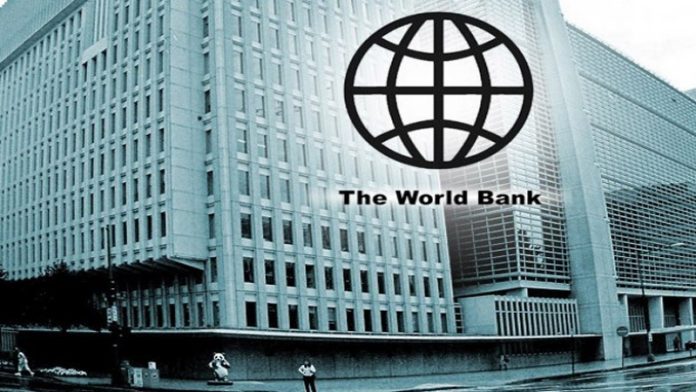KARACHI: Institute of Business Management’s (IoBM) Head of Economics, Shahida Wizarat, says women don’t face gender-based discrimination in effluent classes but the same is not the case with the lower middle class.
“I have never faced discrimination because I am a woman. But I have faced discrimination because I am not a part of a certain lobby. Men and women both are indiscriminately promoted if they are part of that lobby,” said Wizarat during a conference on gender and trade: ‘Closing the gender gap – A tool for economic and trade development in Pakistan’.
The two-day conference, which started Tuesday, has been co-hosted by the World Bank Group, Federal Ministry of Commerce and Women Entrepreneurs Network for Trade (WE-NET) here at a local hotel. According to organisers, the aim of the conference was to highlight the gains of closing the gender gap in terms of growth, exports, and jobs in Pakistan and raise awareness within the area of women’s economic empowerment.
According to a McKinsey Global Institute (MGI) research report, the global annual Gross Domestic Product (GDP) by 2025 could observe a growth of $28 trillion, or by 26 per cent, if women participation in labor markets is identical to that of men.
Wizarat cited the example of her maid, who belongs to southern Punjab, and said that the men in low-income strata exert physical force to achieve superiority.
“Women work outside and earn and also do their home chores as well, while men do next to nothing. I have seen several such examples among the less privileged classes,” she said.
She said that discrimination against women is close to culture and nothing to do with the religion. She added that women in the West face more discrimination as compared to Pakistan.
“I don’t think women are underpaid here for the same job. At least I have never seen that. But that’s not the case in the West. Women held protest demonstrations across Europe on Women’s Day against pay discrimination,” said Wizarat, who is also Chief Editor of Pakistan Business Review.
Wizarat said that the internet has been proving helpful to the women as it has enabled them to work being in the comfort of their houses. She further said that women could work at their houses but they still need technical assistance in the form of proper courses etc.
“Women can work at their houses and sell their products even abroad but there’s high chance that they don’t know anything about the foreign market. For example, developed countries are moving away from genetically modified fruits and vegetables and if our women make jams etc from those genetically modified fruits and vegetables, then they won’t be able to sell their products abroad,” she explained.
She lamented that there was no one actually conducting such training courses to empower women to increase trade at the moment.
Earlier, World Bank Group’s Director of Finance Competitiveness and Innovation Zoubaida Allaoua pointed that the gender gap has been widening in the country. This gap was lower ten years ago. “Women participation in the labor force is 4.3 per cent, which is quite low. 65 per cent of female doctors leave their job while 80 per cent of female business graduates does not work. Out of the 4.3 per cent female labour force, only 10 per cent were entrepreneurs,” she said, revealing the grim picture of female participation in Pakistan’s workforce.
Ministry of Commerce Director General Trade Policy Mohammad Ashraf said that he and his team have been a part of the conference to take input to frame policy. “We are here to listen (to you) and frame our policy accordingly. We have been fairly sensitized on the subject,” said Ashraf, who was also a part of the panel discussion on gender-sensitive trade policies in Pakistan.
He said that gender streamlining has been one of the eight pillars of the Strategic Trade Policy Framework (STPF).
He added that his team has been making efforts for legislation to facilitate the establishment of women trade chambers in the country. He said that there were now 17 women chambers in the country.
He further said that organisations in Pakistan were now slowly picking up the pace in taking women onboard.
The conference featured representatives of national and international business associations, public sector representatives, and business support organisations.
Australian High Commissioner to Pakistan, Margaret Adamson addressed the participants and said that gender equality was essential for successful economic and social development at a global level and stands at the core of Australia’s foreign policy.



































